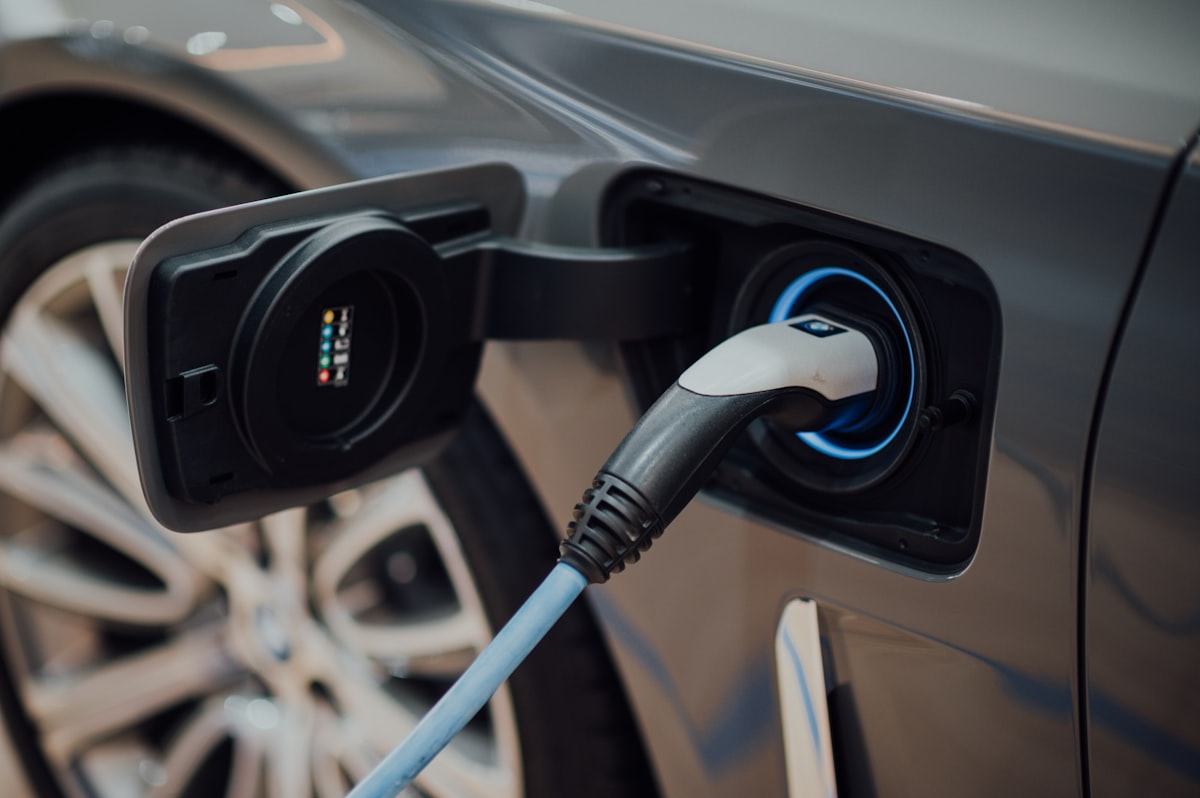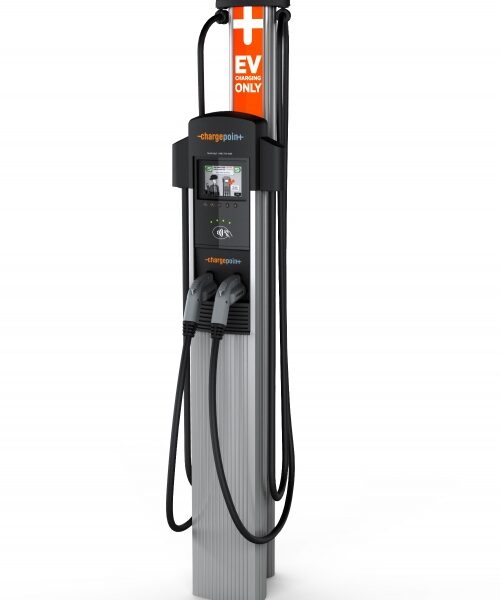How much does it actually cost to charge an EV at home in the Pacific Northwest? Less than you might think, thanks to our relatively cheap electricity. Here’s how to figure out your real numbers.
The Basic Math
Three numbers matter: your battery size, your electricity rate, and charging efficiency.

Battery size: Measured in kWh. A Tesla Model 3 Long Range has about 75 kWh. A Chevy Bolt has 65 kWh. A Ford F-150 Lightning has up to 130 kWh. Look up your specific vehicle if you don’t know.
Electricity rate: Seattle City Light currently charges around $0.11/kWh for residential customers. Puget Sound Energy runs about $0.10-0.12/kWh depending on usage tier. Snohomish PUD is similar. Check your bill for your exact rate.
Charging efficiency: About 10-15% of electricity is lost as heat during charging. A 90% efficiency factor is reasonable for Level 2 charging.
Example Calculation
For a 75 kWh battery at $0.11/kWh with 90% efficiency:
75 kWh ÷ 0.90 = 83.3 kWh actually drawn from the grid
83.3 kWh × $0.11 = $9.17 for a full charge
That 75 kWh battery gives you roughly 270-300 miles of range. So you’re paying about 3 cents per mile for fuel. Compare that to a 30 mpg gas car at $4/gallon: 13 cents per mile.
Time-of-Use Rates
Both Seattle City Light and PSE offer time-of-use programs where overnight electricity is cheaper. If you can charge between midnight and 6 AM, you’ll save more. Most EVs can schedule charging to start automatically at a specific time.
With overnight rates around $0.08/kWh, that same full charge drops to about $6.60.
Monthly Cost Reality
Most people don’t charge from empty to full every day. The average American drives about 37 miles daily, and EVs average 3-4 miles per kWh.
Daily usage: 37 miles ÷ 3.5 miles/kWh = ~10.5 kWh
Monthly: 10.5 kWh × 30 days × $0.11/kWh = about $35/month
That’s roughly equivalent to one tank of gas in a typical car.
What’s Not Included
These calculations are just electricity cost. They don’t include the upfront cost of installing a Level 2 charger ($500-2,000 for equipment and installation) or any electrical panel upgrades your home might need. But those are one-time costs, not ongoing.



